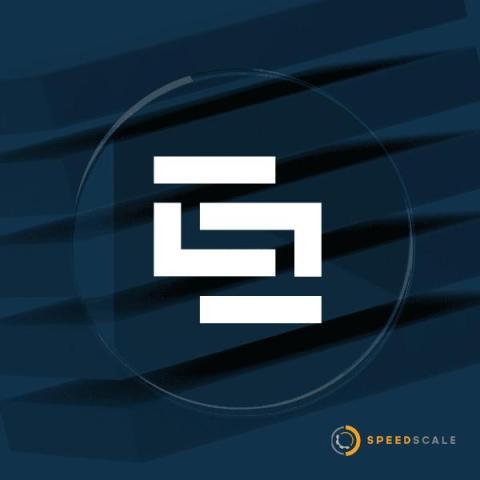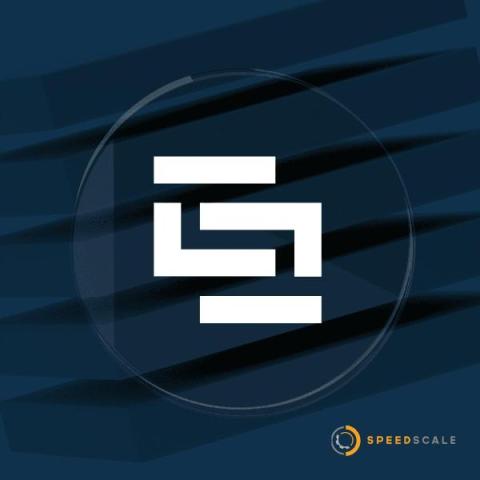How to Mock HTTP APIs With MockServer| Speedscale
As the name suggests, MockServer is a powerful tool that allows developers to mock HTTP APIs, making it much easier and more efficient to run an integration test in initial development phases. It aims to solve the problem of testing APIs that are still in development or not yet available, allowing developers to make http calls on an http client without a real server.











